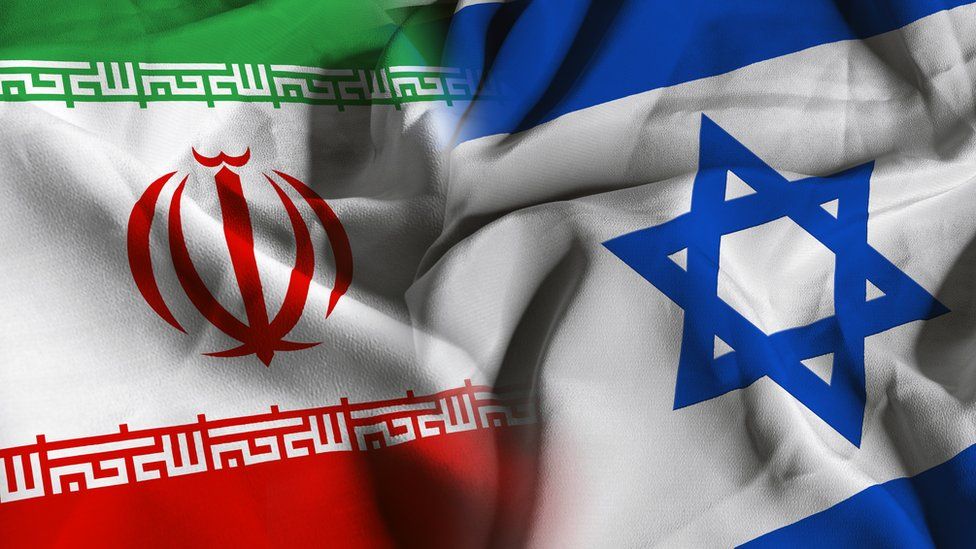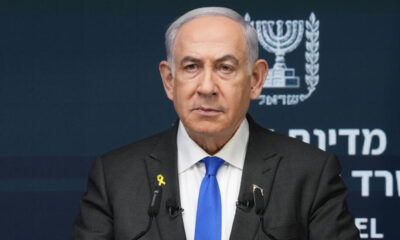NEWS
Iran attack: Turkey, Jordan, Iraq clash with America over key facts

Turkish, Jordanian, and Iraqi officials disclosed on Sunday that Iran had issued extensive notice days before its drone and missile assault on Israel.
However, U.S. officials countered these claims, asserting that Tehran had not forewarned Washington and had intended to inflict substantial damage.
The attack, launched by Iran on Saturday, was in retaliation for a suspected Israeli strike on its embassy compound in Syria. While most of the drones and missiles were intercepted before reaching Israeli territory, a young girl sustained critical injuries, sparking widespread apprehension of further escalation.
Iranian Foreign Minister Hossein Amirabdollahian asserted that Iran had provided neighboring countries and the United States, a key ally of Israel, with 72 hours’ notice prior to the strikes.
Turkey’s Foreign Ministry confirmed that it had engaged in discussions with both Washington and Tehran ahead of the attack, acting as an intermediary to ensure proportionate responses.
A Turkish diplomatic source indicated that Iran had clarified the retaliatory nature of the strikes in response to Israel’s embassy attack in Damascus, reassuring that it would not exceed this scope.
However, a senior official within U.S. President Joe Biden’s administration contradicted Amirabdollahian’s statement, refuting claims of advanced notification. The official clarified that while there had been contact with Iran through Swiss intermediaries, no 72-hour notice was provided.
The official further emphasized that Iran’s message to the United States was relayed only after the attack had commenced, with an intent described as “highly destructive.”
The lack of significant damage from the assault prompted speculation that Iran’s claims of extensive warning may be an attempt to compensate for the limited impact of the attack.
Iraqi, Turkish, and Jordanian officials corroborated Iran’s provision of early warning last week, including some specific details of the impending attack.
The assault, which involved drones, cruise missiles, and ballistic missiles, posed a significant risk of casualties and potential escalation of the conflict.



























